The rich, aromatic legacy of Yemeni coffee is embodied in the prized beans from the port city of Mokha. For centuries, this region has been synonymous with some of the world’s most distinctive and sought-after coffee. The story of Mokha coffee is not just about a beverage; it’s a tale of trade, tradition, and the enduring allure of a flavor profile that has captivated palates across the globe.
Nestled along the Red Sea coast, Mokha (or Mocha) was once the epicenter of the global coffee trade. Its name became so intertwined with coffee that the term "mocha" evolved to describe both the beans from this region and the popular chocolate-infused coffee drink. The beans grown in Yemen’s rugged highlands, transported through Mokha, were the first to be widely exported, shaping the way the world experienced coffee.
The unique terroir of Yemen’s coffee-growing regions plays a pivotal role in the distinctiveness of Mokha coffee. Unlike the lush, tropical climates of other coffee-producing countries, Yemen’s arid highlands, with their terraced farms and minimal rainfall, force coffee plants to struggle for survival. This stress, combined with the mineral-rich soil, imparts an unparalleled depth of flavor—earthy, wine-like, and often with hints of dried fruit, spice, and even chocolate. The dry-processing method, where cherries are sun-dried before the beans are extracted, further intensifies the coffee’s bold and complex character.
For generations, Yemeni farmers have cultivated coffee using traditional methods passed down through families. The process is labor-intensive, with each step—from hand-picking the cherries to sorting the beans—carried out with meticulous care. There are no large-scale plantations here; instead, smallholder farmers tend to their plots, often growing coffee alongside other crops like qat. This artisanal approach, while limiting quantity, ensures a product of exceptional quality and individuality.
The historical significance of Mokha coffee cannot be overstated. In the 15th and 16th centuries, as coffee spread from Ethiopia to Yemen and beyond, Mokha became the gateway through which the beans reached the Ottoman Empire, Europe, and eventually the rest of the world. The Dutch, British, and French traders all vied for control of this lucrative trade, and for a time, Yemen held a near-monopoly on coffee. The beans were so valuable that they were often guarded as closely as spices or precious metals.
Yet, despite its storied past, Yemen’s coffee industry has faced immense challenges in recent decades. Political instability, economic hardship, and climate change have all taken their toll. Many farmers abandoned coffee for more reliable cash crops, and the infrastructure needed to process and export beans deteriorated. For a time, true Mokha coffee became a rarity outside Yemen, with much of the world’s supply being ersatz versions bearing little resemblance to the original.
Today, however, there is a resurgence of interest in authentic Yemeni coffee. A growing number of specialty coffee roasters and importers are working directly with Yemeni farmers, paying premium prices to support sustainable production. This not only helps preserve the ancient coffee traditions but also provides much-needed income to rural communities. The result is a slow but steady revival of Mokha coffee, with small batches making their way to connoisseurs willing to pay top dollar for its unique profile.
The flavor of Mokha coffee is an experience unto itself. Unlike the bright, acidic notes of African coffees or the balanced sweetness of Latin American varieties, Yemeni beans offer something wild and untamed. The best lots can evoke flavors of cinnamon, cardamom, dried apricot, or even a smoky, tobacco-like richness. The body is often heavy, almost syrupy, with a lingering finish that invites contemplation. It’s a coffee that demands attention, refusing to be relegated to mere background beverage status.
For those lucky enough to sample genuine Mokha coffee, the experience is often revelatory. Here is a taste of history, a link to the very origins of coffee culture. Each sip carries the weight of centuries—the labor of farmers, the bustle of ancient markets, the voyages of merchant ships. In a world increasingly dominated by mass-produced, homogenized coffee, Mokha stands as a reminder of what the drink can be at its most profound and personal.
The future of Mokha coffee remains uncertain, but there is hope. Organizations dedicated to preserving Yemen’s coffee heritage are working to improve farming techniques, rebuild infrastructure, and connect farmers with global markets. Consumers, too, are becoming more aware of the importance of supporting ethical and sustainable coffee production. If these efforts succeed, the story of Mokha coffee will continue for generations, its rich legacy preserved in every fragrant, flavorful bean.
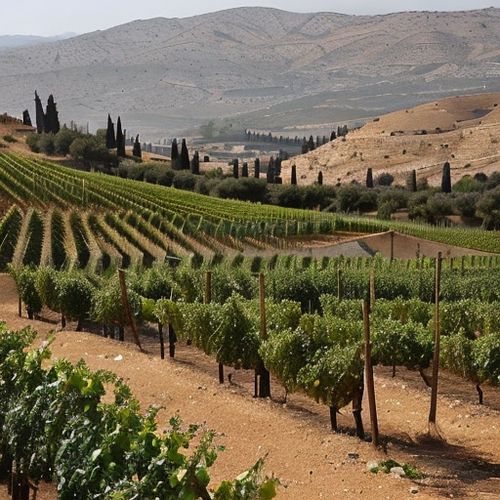
By Jessica Lee/May 10, 2025

By Victoria Gonzalez/May 10, 2025
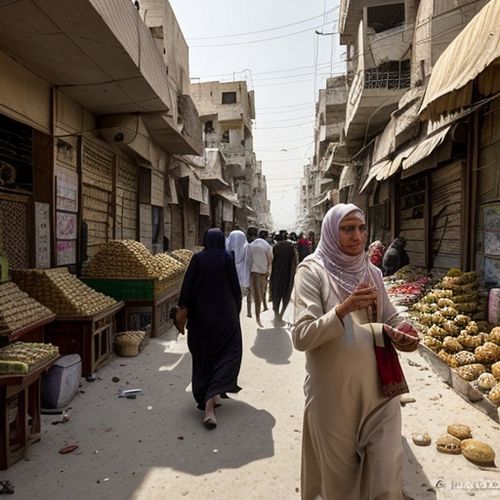
By Noah Bell/May 10, 2025
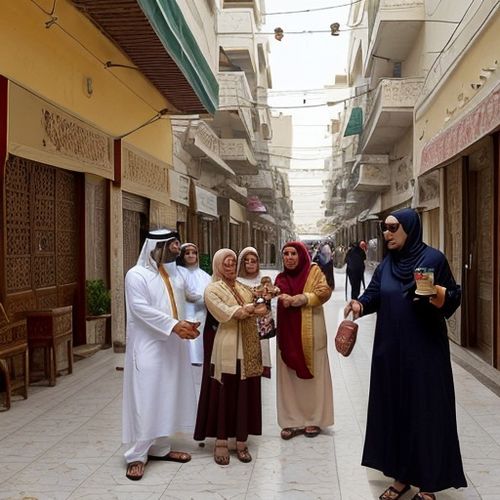
By Benjamin Evans/May 10, 2025
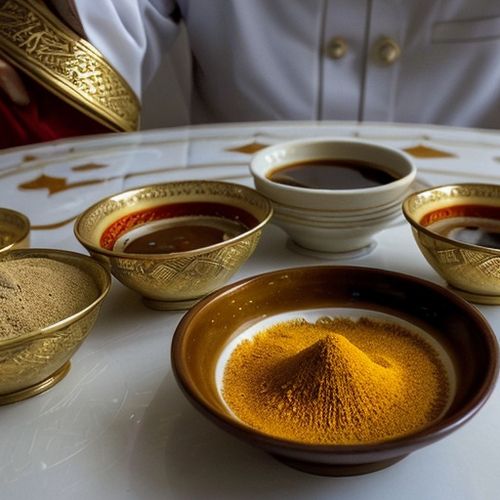
By Rebecca Stewart/May 10, 2025

By Daniel Scott/May 10, 2025
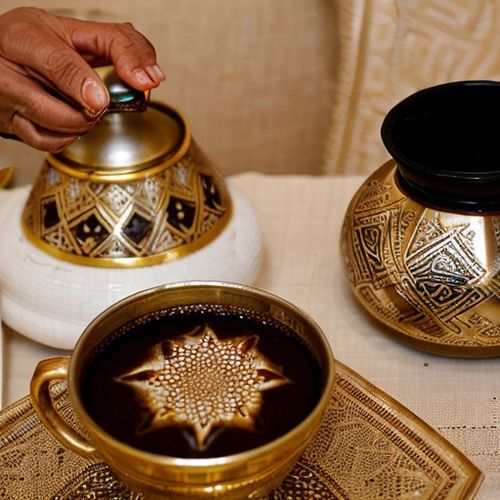
By Samuel Cooper/May 10, 2025

By Ryan Martin/May 10, 2025
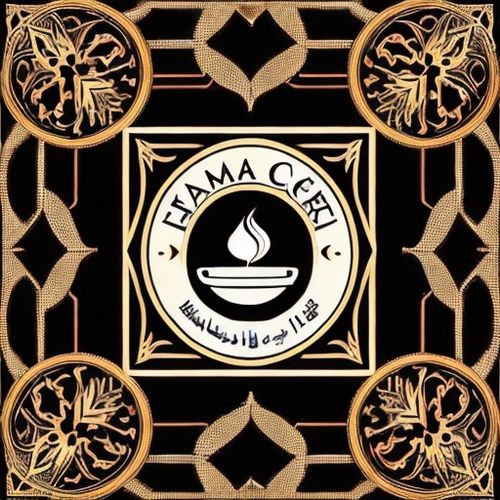
By James Moore/May 10, 2025

By Rebecca Stewart/May 10, 2025
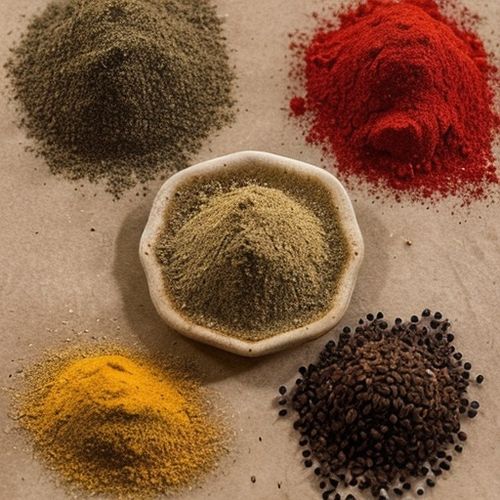
By Rebecca Stewart/May 10, 2025
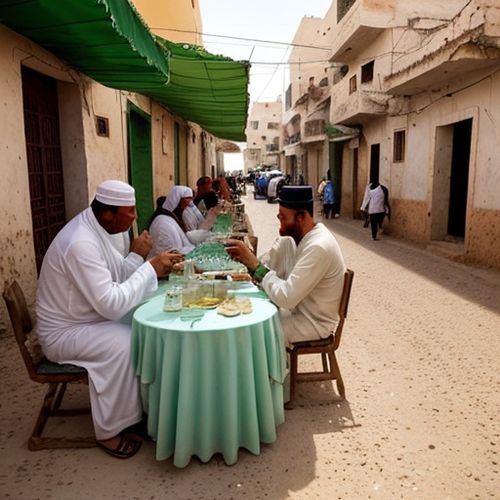
By Thomas Roberts/May 10, 2025
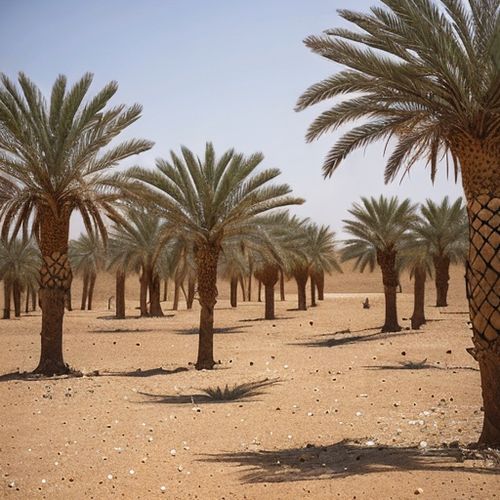
By Grace Cox/May 10, 2025

By Sophia Lewis/May 10, 2025
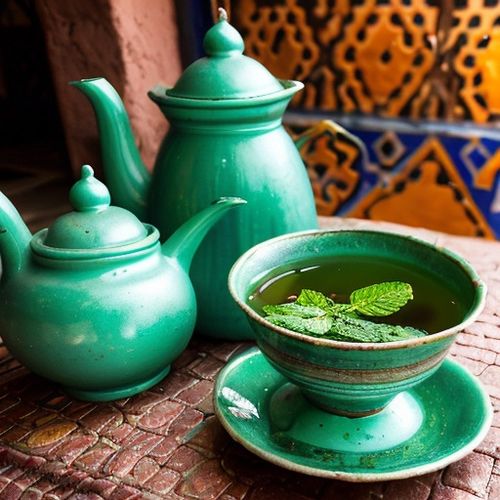
By Sophia Lewis/May 10, 2025

By Daniel Scott/May 10, 2025
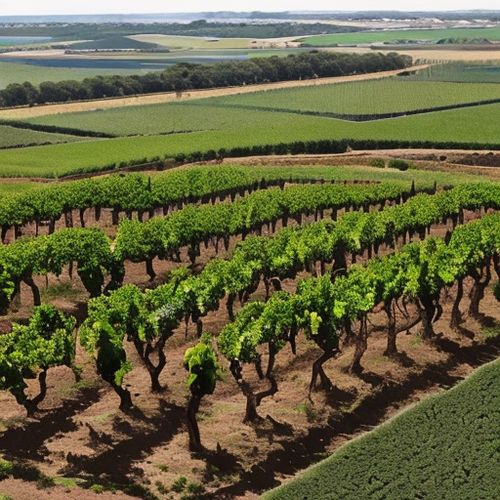
By Amanda Phillips/May 10, 2025
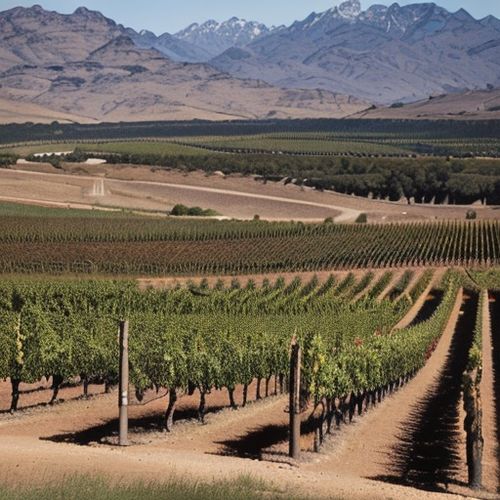
By Lily Simpson/May 10, 2025
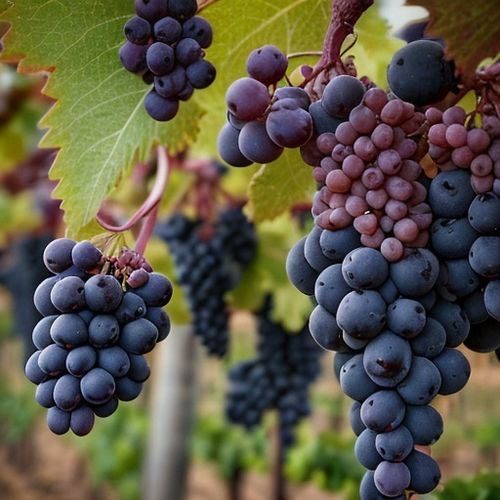
By Natalie Campbell/May 10, 2025

By Olivia Reed/May 10, 2025